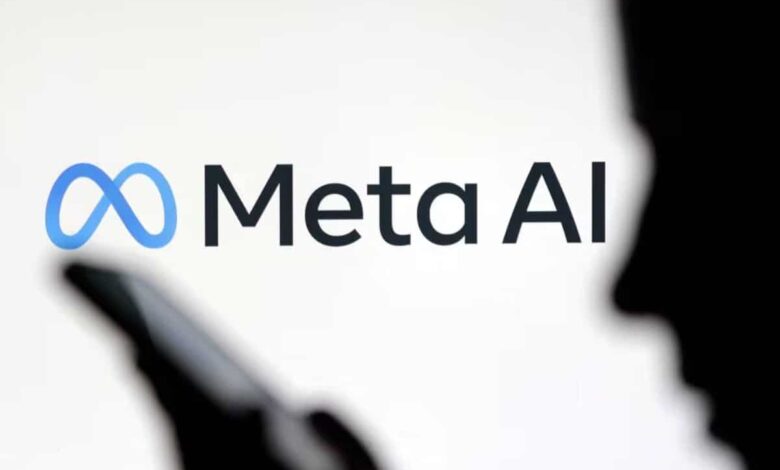Meta To Start Labelling AI-generated Deepfake Images

Meta reportedly announced that it will now start labelling AI-generated images across all of its social media networks, including Instagram, Facebook and Threads, in the coming months.
The social media giant already applies the ‘Imagined with AI’ labels to images generated using its Meta AI feature, but the company now wants to label AI images generated by other big players in the industry, including Google and OpenAI.
“As the difference between human and synthetic content gets blurred, people want to know where the boundary lies,” Meta’s president of global affairs Nick Clegg wrote in a blog post on Tuesday.
Meta to roll out ‘Imagined with AI’ labels
“So it’s important that we help people know when photorealistic content they’re seeing has been created using AI,” he added.
Clegg’s post said the platform already does it by applying “Imagined with AI” labels to photorealistic images created using our Meta AI feature.
“That’s why we’ve been working with industry partners to align on common technical standards that signal when a piece of content has been created using AI. Being able to detect these signals will make it possible for us to label AI-generated images that users post to Facebook, Instagram and Threads,” he said.
Meta also reportedly said it is working with other leading companies in the industry for developing common standards for identifying AI generated content using forums like Partnership on AI.
The company said it is also working on building tools that can identify invisible markers of AI generated images even from other companies.
However, Meta said it can only start labelling these images as ‘AI generated’ once other companies like Google, OpenAI, Microsoft, Adobe, Midjourney, and Shutterstock start adding metadata to images created using their AI generator tools.
Meta also noted that it can’t yet detect AI generated audio and videos from other companies and is instead adding a feature for people to disclose when they are adding AI generated video or audio on Instagram, Threads or Facebook.
“If we determine that digitally created or altered image, video or audio content creates a particularly high risk of materially deceiving the public on a matter of importance, we may add a more prominent label if appropriate, so people have more information and context.” Clegg wrote in the blogpost.




